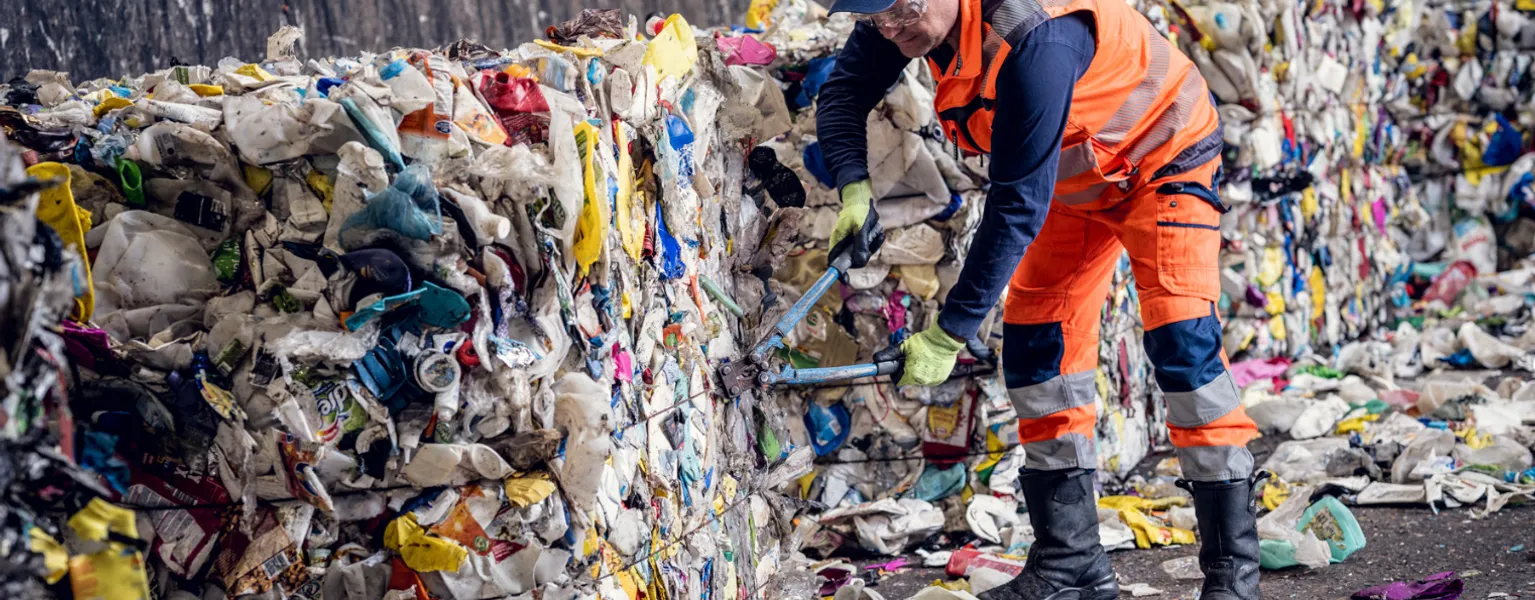Belgium breaks ground on major new plastics recycling plant for household waste

Sustainability
A new chapter in Belgium’s recycling story begins today as Morssinkhof-Rymoplast Group, an Ingka Investments’ portfolio company since 2017, breaks ground on a state-of-the-art plastics recycling facility in Lommel which will service approximately four million (80%) of Belgian households.
As a significant step towards the transition to a circular economy, Morssinkhof-Rymoplast Group breaks ground today on its 13th recycling facility – and third in Belgium. Once operational, the new plant will turn everyday household waste such as milk bottles, butter tubs, and shampoo containers into high-quality recycled materials that can be used in packaging for example, personal care products.

Despite mounting challenges in the recycling sector, from rising costs and labour shortages to shifting regulations, this development sends a clear signal that building a circular future takes bold commitment, collaboration, and long-term investment.
That’s why earlier this year, Ingka Group, the largest IKEA retailer, announced a €1 billion ambition through Ingka Investments to support recycling infrastructure and other circular projects across Europe. The Morssinkhof Rymoplast Group is a key partner in realising that ambition.
The new facility is being developed in collaboration with the Belgian organisation Fost Plus and will enable the recycling and processing of household packaging and plastics, collected through the national PMD system (Plastic, Metal, and Drink cartons). It’s also expected to create 65 new jobs.
Lukas Visser, Head of Circular Investment at Ingka Investments, said: This new facility shows the power of collaboration – between households sorting their waste, companies supporting recycling, and governments supporting the transition. At Ingka Group, we are committed to grow business partnerships that turn sustainable living at home into reality by expanding recycling infrastructure, keeping plastics circulating in the economy and out of the environment.
Belgium is rapidly boosting its recycling capacity. Just five years ago, only 9% of household plastic packaging was recycled domestically. Today that figure is an impressive 69%. With multiple facilities coming online, and thanks to strong cooperation between citizens, industry, and government that number is projected to surpass 75% by next year.
This article was originally published by Ingka.
Related News
-
Business
Belgium enforces stricter packaging waste regulations for businesses
-
Sustainability
Reloop report finds 54% less beach litter in countries with DRS
-
Sustainability
Steel packaging achieves highest EU recycling rate on record
-
Sustainability
TOMRA unveils new automated collection point for reusable takeaway food packaging
-
Sustainability
Iceland referred to EFTA Court over packaging waste and landfill regulation failures




